Village School’s Black History Month program celebrates differences
| Published: 02-18-2024 6:00 PM |
ROYALSTON – In 1976, President Gerald Ford officially recognized February as Black History Month, stating at the time that the annual recognition gave Americans “the opportunity to honor the too-often neglected accomplishments of Black Americans in every area of endeavor throughout our history.”
Since then, it has evolved into a year-round recognition of the accomplishments and contributions of not only Black men and women, but Americans of every racial, ethnic and religious background, gender, and sexual identity, and to promote the acceptance of those differences.
Some schools in the area are using Black History Month to teach and promote acceptance and understanding with an eye toward strengthening community the classroom.
At the private, nonprofit Village School in Royalston, multiculturalism isn’t highlighted for one month out of the year—it is at the center of the school’s curriculum and guiding philosophy.
“I think a big part for us as a school,” Village School Director Rise Richardson told the Athol Daily News, “is that we’re a school community; and community means we have different roles in different places, but we take care of each other. When we talk about community, we also talk about the world community, and as part of a community, everybody’s different.
“We’re all human beings, but we’re different,” she continued. “Some people have curly hair, some have straight hair, some have different-colored skin, and we recognize those differences – we celebrate them. But we have this common humanity and, so, no matter how we look, we have to be kind to each other. That belief is sort of deep in our core.”
Fifth and sixth-grade history teacher George Bennett has been working with art teacher Lorn Magruder on a project which has students reporting on historical figures they admire for their promotion of human understanding, support of civil or equal rights, and philanthropy. These reports will be accompanied by an artistic rendering of the individual chosen by each student.
While Dr. Martin Luther King is a popular icon, “We try to give a bigger context to it,” said Bennett. “We discuss other change-makers like Nelson Mandela and Desmond Tutu. I have a student now reading a memoir by Trevor Noah about what it was like growing up in apartheid South Africa. The book is called ‘Born a Crime’ because he’s the son of a Swiss mother and a Black South African father, and his presence was illegal; that interracial mixing was illegal.
Article continues after...
Yesterday's Most Read Articles
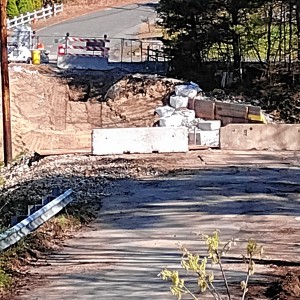 Work on Pinedale Avenue Bridge connecting Athol and Orange to resume
Work on Pinedale Avenue Bridge connecting Athol and Orange to resume
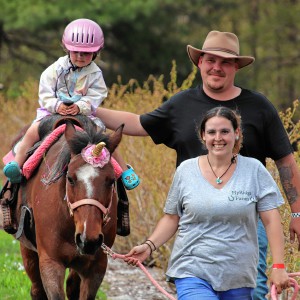 PHOTOS: Enchanted Orchard Renaissance Faire at Red Apple Farm
PHOTOS: Enchanted Orchard Renaissance Faire at Red Apple Farm
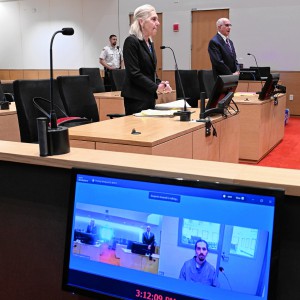 Lawyer argues Joshua Hart’s 2018 conviction for Orange murder had inconsistent verdicts
Lawyer argues Joshua Hart’s 2018 conviction for Orange murder had inconsistent verdicts
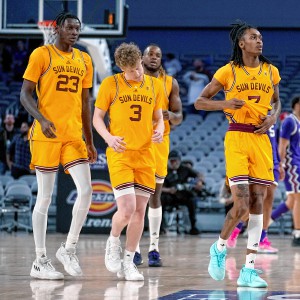 UMass basketball: Minutemen nab another transfer in Arizona State forward Akil Watson
UMass basketball: Minutemen nab another transfer in Arizona State forward Akil Watson
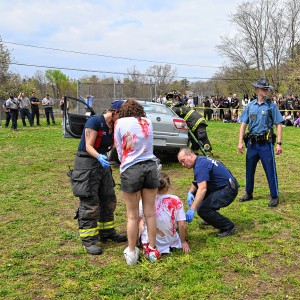 ‘Arrive Alive’ shows Athol High School students the dangers of impaired driving
‘Arrive Alive’ shows Athol High School students the dangers of impaired driving
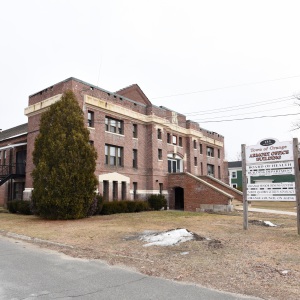 Orange Selectboard declares armory as surplus property
Orange Selectboard declares armory as surplus property
“So, racism isn’t just a hugely American problem, it’s a world problem,” Bennett added. “And the students seem to respond very well – they get it. Kids understand an injustice when they see it.”
All in all, said Bennett, students – even the youngest students – understand that people shouldn’t be judged by how they look, where their parents or grandparents came from, or their personal beliefs.
“They seem to get it that you judge people – and you’re judged – on how you treat others,” Bennett said. “So, while Black History Month can be important for raising important issues and for promoting better understanding the sometimes-painful history of this country, it can be even more important for promoting civility, understanding and acceptance.”
On Friday, Athol High School celebrated Multicultural Day. A series of events were held throughout the day by various student-led groups to promote community. These included singing, dancing, poetry, art displays and cooking classes and was organized by the school’s Diversity Club.
Athol Royalston Regional School District Superintendent Matt Ehrenworth said, “We have a focus in this district on belongingness, and it’s part of the professional development we do, as well.”
Included among the professional development opportunities for district staff, he said, is instruction in relationship-centered learning.
“It focuses on teachers building relationships not just with the students but between the students; developing strategies for things they can do in their classroom for kids to connect on a more personal level,” he said.
Ehrenworth said teachers also need to identify and intervene “if there are issues between students that are based on race, gender, identity – anything that has to do with who they are.”
In addition, he said, “students will be working with teachers to have some of those more difficult conversations with kids about, for example, ‘Why did this situation come up between the two of you?’ Is it about race? Is it about gender? Together they’ll look at how to get to the bottom of the problem and start resolving the issues, again, looking to strengthen the community within the classroom.”
Ehrenworth said issues arising around race, gender and identity tend to blossom among students in middle school “as students start to wonder and identify who they are; they’re discovering who they are. It’s also a time when they start to notice those differences more significantly between kids and their identities and their culture. That can sometimes lead to isolating themselves or pushing other students away.
“The hope is that belongingness and acceptance is taught in everyone’s home as well. But it has definitely become a focus of what do in the schools at that age level.”
Greg Vine can be reached at gvineadn@gmail.com.

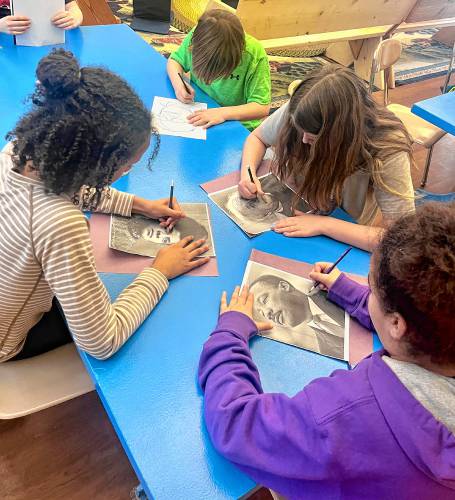
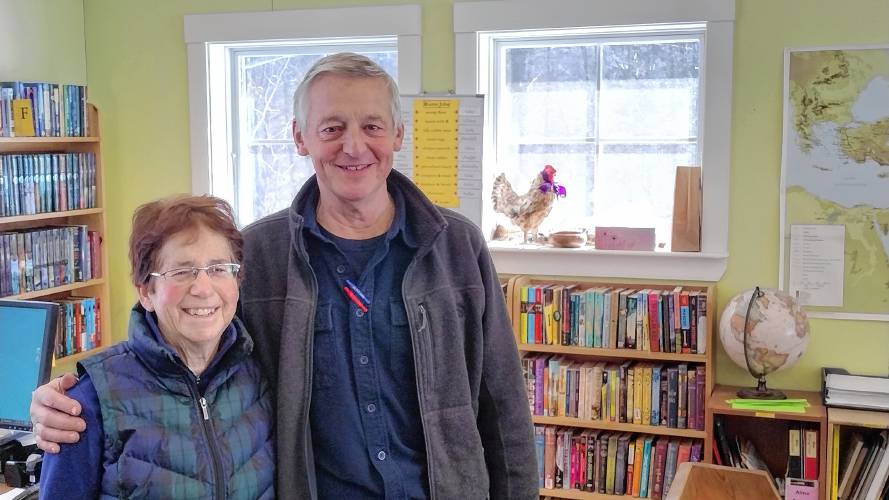
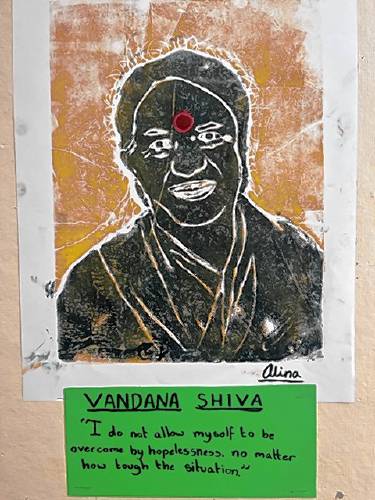
 Sportsman’s Corner: The quest for the Super Slam
Sportsman’s Corner: The quest for the Super Slam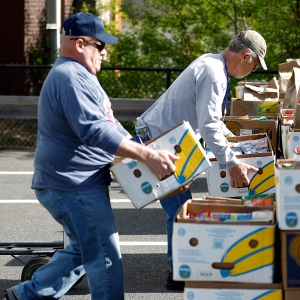 Annual ‘Food-A-Thon’ returns
Annual ‘Food-A-Thon’ returns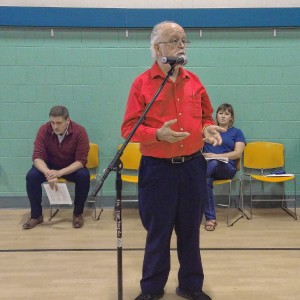 Erving Town Meeting voters back Care Drive housing project
Erving Town Meeting voters back Care Drive housing project North Quabbin Notes, May 9
North Quabbin Notes, May 9